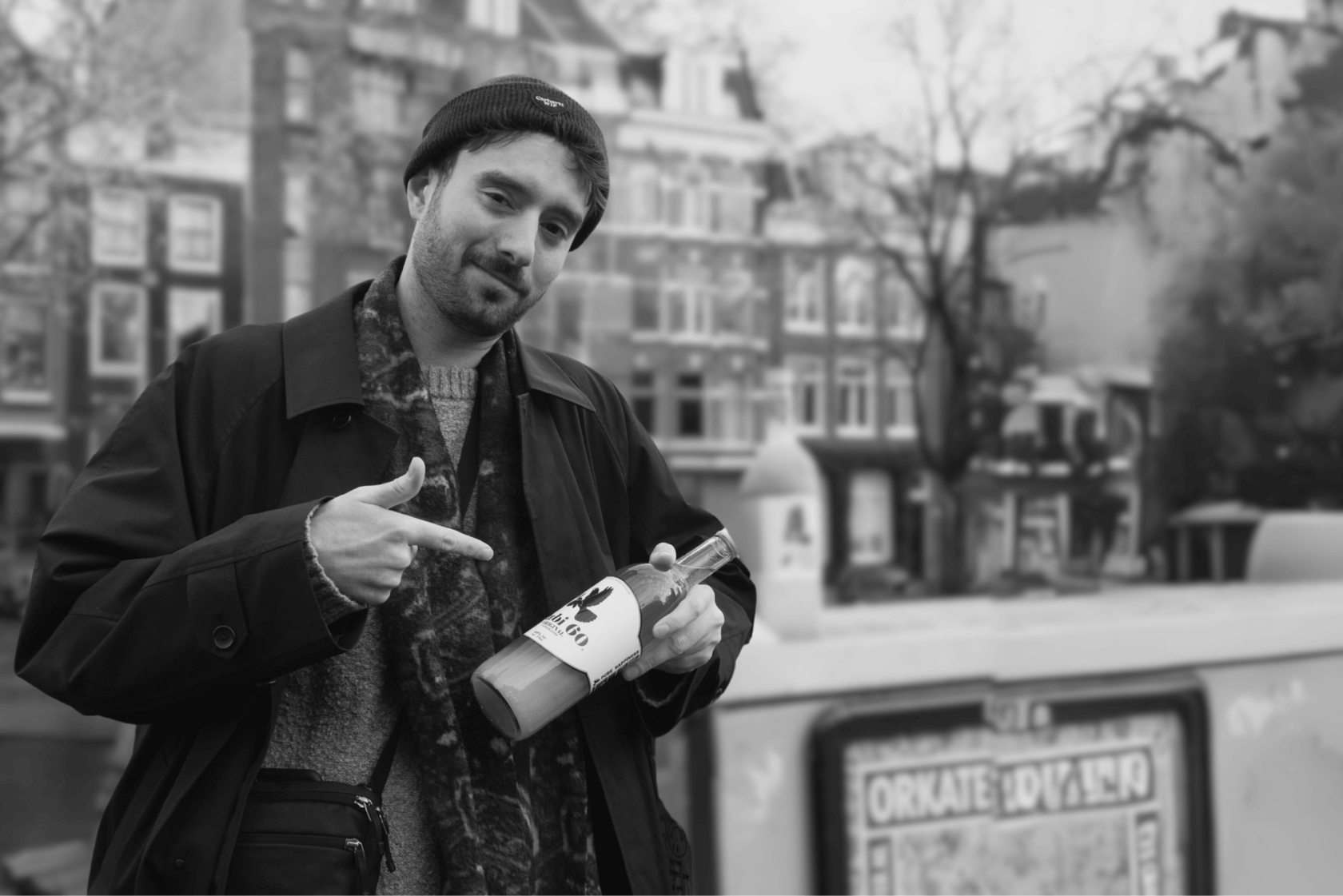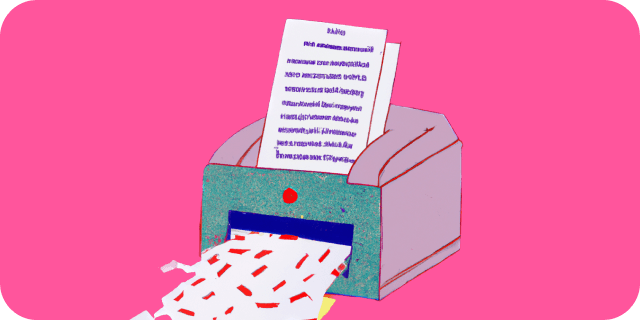
Sélley Márton
In today’s article, we will be exploring the entrepreneurial journey of Sélley Márton, an electronic music producer and a TV show host turned entrepreneur. His business imports an Israeli alcoholic beverage, Tubi 60, into the Netherlands, and promotes it across bars and music events organized by Sélley.
What was your background prior to starting your entrepreneurial journey?
How did you come up with the idea for your business?

What does your business model look like? Do you buy the drink directly from the manufacturer or work with resellers? Do you sell it online or physically?
How is your business structured? Was it difficult to deal with the legalities of starting a company as a foreigner in the Netherlands?
Are you working with your business partner or solo?
What's been the most challenging part of your business so far?
When learning about your business, we also found out that you organize music events to promote your drink. Can you tell us a little bit about that?

That seems like a creative marketing strategy. Talking of good experiences, what aspect of your business do you consider the most rewarding?
If someone considering starting a business asked you to share the best advice you've learned on your journey so far, what would it be?
Thank you for reading Sélley’s story, hope you’ve enjoyed it. If you are looking to share your story, please leave us the form below and we will contact you back. Cheers!



















